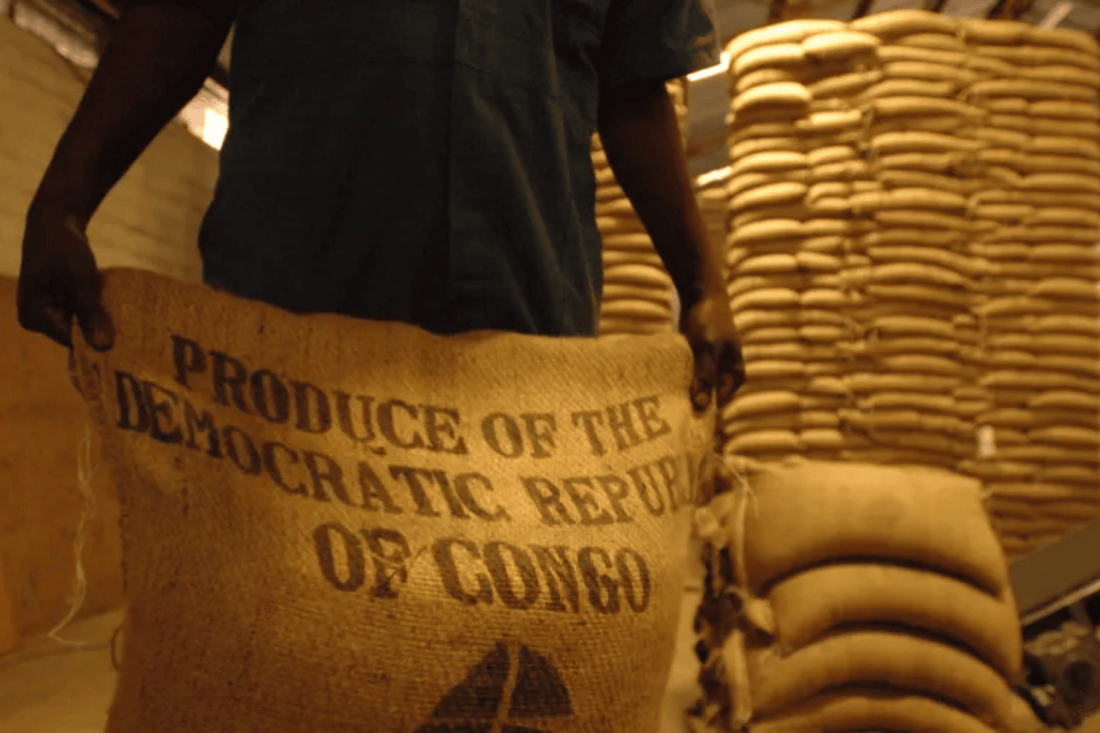This country has long been regarded as a paradise for coffee plants, but political instability, civil war, and crop diseases nearly decimated the coffee industry in the 1990s. In the past two decades, however, both public and private sector efforts have supported a recovery in the industry. Despite these efforts, the coffee-growing regions in eastern DRC still face significant challenges. Limited access to infrastructure and export markets continues to hinder local producers, while corruption and high taxes are forcing some farmers to resort to smuggling their coffee into neighbouring Rwanda and Uganda.
Specialty Arabica coffee is primarily grown in the eastern provinces of North Kivu, South Kivu, and Ituri, accounting for only 13% of total coffee production in the DRC. In contrast, Robusta coffee dominates coffee production and is grown in the northeastern regions. The primary processing method is washed.
North Kivu – Arabica varieties are the cornerstone of coffee production in this region, known for their exceptional quality and rich flavour profile. The volcanic soils and high altitudes contribute to tasting notes of tropical fruit, lemon, and honey.
South Kivu – Grown at elevations between 1,400 and 2,400 masl, coffee from South Kivu offers a balanced sweetness and acidity, with a rich mouthfeel. Tasting notes include citrus, stone fruit, chocolate, and floral nuances.
Ituri – With its high elevation and fertile clay-sandy soil, Ituri is renowned for consistently producing high-quality coffee. Expect tasting notes of sugarcane, grapefruit, prune, and blackcurrant.
Coffee from the DRC is notoriously difficult to source and is not widely available in Australia.
Deep Dive into Democratic Republic of Congo (DRC) Coffee

